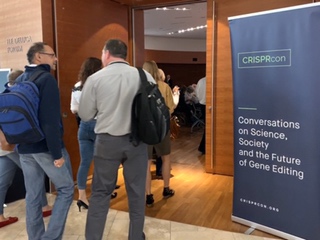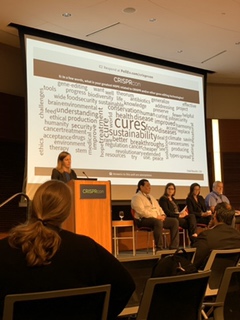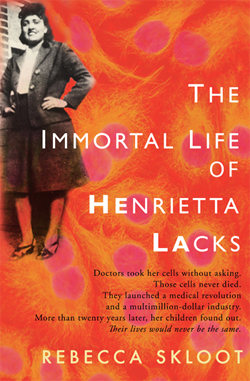
Last week, a diverse group of stakeholders attended CRISPRcon Midwest, hosted by the Keystone Policy Center and the University of Wisconsin–Madison. The goal of the day-long conference was to emphasize the importance and value of gene editing technology, and how it must be communicated deliberately between scientists, the public, policymakers, and other stakeholders.
Julie Shapiro, Senior Policy Director of Keystone Policy Center, acted as Emcee for the event. Given the diverse group of attendees, she mentioned in her opening remarks that the event organizers were “seeking conversation, not consensus” and emphasized the “power of respectful dialogue.” A slide overhead showcased the ground rules for the day, which included statements such as “dare to listen, dare to share, and dare to disagree.”

CRISPRcon aimed to included voices beyond those represented by keynote speakers and panelists, so they incorporated live polling through an online app to keep the audience engaged and an active participant in the conversations throughout the day. From the opening remarks, it was clear that this conference would not just deliver on its promise of thoughtful conversation about the science, but build further understanding about the societal impacts of a rapidly advancing technology.
Continue reading “Discussing the Future of Gene Editing at CRISPRcon Midwest”
